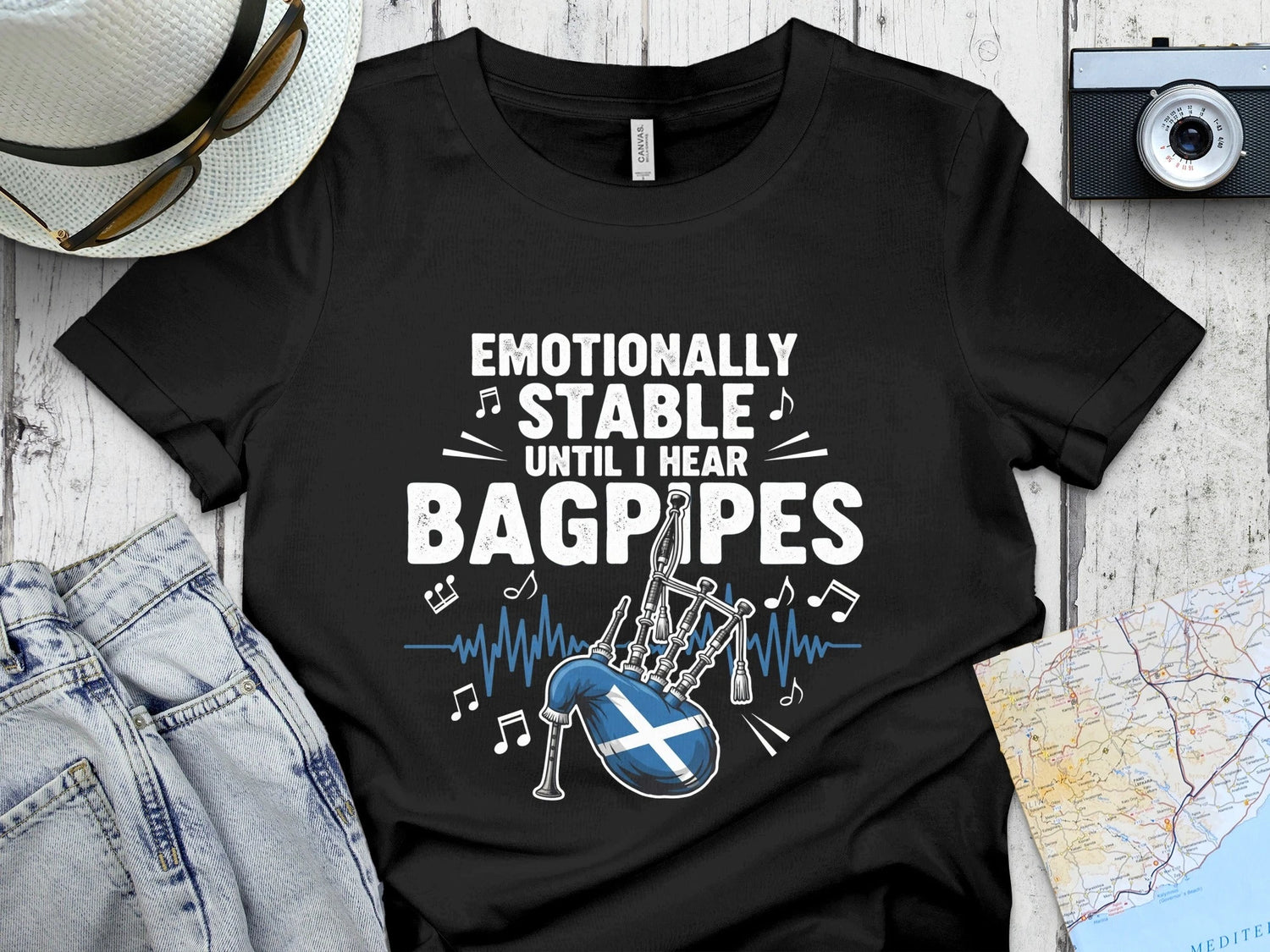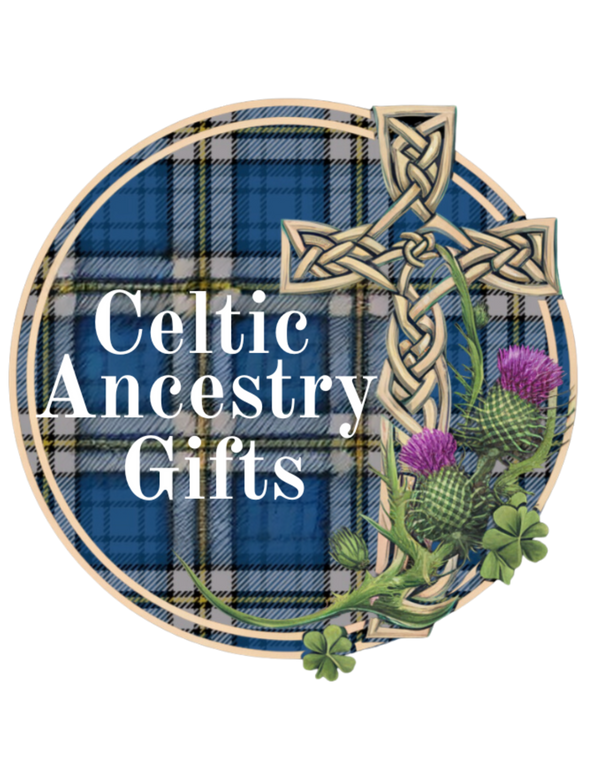
McGill Scottish Clan History: A Journey Through Lineage and Legacy
Share
The Rich Tapestry of McGill Scottish Clan History
The McGill surname carries with it a long and storied history, deeply rooted in the ancient traditions and rugged landscapes of Scotland. As with many Scottish surnames, the origins of the McGill clan are complex, with various theories and historical accounts contributing to our understanding of their lineage. While pinpointing an exact founding ancestor can be challenging, the McGill name is generally believed to have Gaelic origins, possibly derived from "Mac an Ghoill," which translates to "son of the stranger" or "son of the foreigner." This appellation was often given to those of Norse or Scandinavian descent who settled in Scotland during the Viking Age, suggesting an early connection to the Isles or coastal regions. These settlers, known for their maritime prowess and trading activities, often intermarried with the native Gaelic populations, leading to surnames that reflect this blend of cultures.
Throughout the medieval period, the McGills were present in various parts of Scotland, with a notable concentration appearing in the southwestern regions, particularly around Ayrshire and Galloway. This area, rich in history and strategically important, was a hub of activity for many powerful families. Like many Scottish clans, their history is intertwined with periods of both conflict and cooperation, loyalty and rebellion, against the backdrop of shifting political landscapes and the constant struggle for land and power. The clan's ability to adapt and endure through centuries of change speaks to the resilience and strength of its members. Their presence in the southwest also placed them in proximity to powerful earldoms and lordships, influencing their alliances and allegiances throughout various historical events, including the Wars of Scottish Independence.
Understanding clan history often involves appreciating the symbols and emblems that represent their identity. For those who wish to visibly connect with their heritage, items like the McGill Family Crest Coat of Arms Emblem Mug serve as a tangible link to the past. This beautifully designed mug, featuring the intricate details of the McGill family crest, is perfect for enjoying a morning coffee or a comforting evening tea. It’s an excellent way to showcase your McGill heritage, whether as a personal keepsake or as a thoughtful gift for a fellow clan member. The vibrant colors and detailed artwork on this mug make it a distinguished addition to any collection, allowing you to hold a piece of your ancestral pride in your hands every day.
The McGill Family Crest Coat of Arms Emblem Mug is crafted from high-quality white ceramic, holding a generous 11oz (0.33 l) capacity. Its durable fabrication, enhanced by ORCA Coatings, ensures that the vibrant design remains crisp and clear for years to come. Furthermore, this mug is both microwave and dishwasher safe, offering convenience for daily use without compromising its integrity or appearance. This makes it not just a symbol of heritage, but also a practical item for everyday life, allowing you to celebrate your McGill identity during your daily routines. The craftsmanship ensures that the detailed coat of arms will withstand frequent use, maintaining its visual appeal.
Key Aspects of McGill Clan Heritage
The history of the McGills, like many Scottish clans, is one of migration, settlement, and influence. While their origins might be traced to the "stranger" or Norse settlers, the McGills became firmly integrated into the Scottish fabric. Their presence in southwestern Scotland meant they were often involved in the border conflicts and the broader political machinations of the time. The clan's ability to maintain its presence through these turbulent periods highlights a history of strategic marriages, strong leadership, and a deep connection to their ancestral lands. The distinctiveness of the McGill name, often associated with specific geographical areas, also aided in maintaining a cohesive identity.
The surname McGill is not confined to a single, easily defined territory in the same way some Highland clans were. Instead, their presence was more dispersed, particularly across the Lowlands and the western coastal areas. This geographical distribution allowed the McGills to participate in various spheres of Scottish life, from trade and commerce to agriculture and military service. Historical records mention individuals named McGill serving in roles ranging from landholders and merchants to soldiers and clergymen, illustrating the diverse contributions of the clan to Scottish society.
The period following the Jacobite uprisings saw significant changes for many Scottish clans, including those in the Lowlands. While not directly involved in the major Jacobite battles in the same manner as some Highland clans, the overall impact of these events on Scottish society meant that all families, including the McGills, experienced shifts in political power and social structures. The emigration of Scots to the New World, which accelerated in the 18th and 19th centuries, also included many individuals bearing the McGill surname, seeking new opportunities and freedoms abroad. These emigrants carried their heritage with them, establishing new branches of the McGill family across continents.
In contemporary times, the appreciation for Scottish heritage has grown, with many individuals seeking to connect with their ancestral past. This has led to a resurgence of interest in clan histories and the symbols that represent them. For those of McGill descent, there are numerous ways to engage with this rich history. Events such as Highland Games, clan gatherings, and genealogical societies provide platforms for members to meet, share stories, and learn more about their lineage. Owning an item that prominently features the McGill crest, such as the McGill Family Crest Coat of Arms Emblem Mug, is a popular way to celebrate this connection. The mug serves as a daily reminder of ancestry, a conversation starter, and a piece of functional art that honors the McGill legacy.
The enduring appeal of clan heritage lies in its ability to provide a sense of identity and belonging. For the McGill family, tracing their roots back through centuries of Scottish history offers a profound connection to a resilient and dynamic lineage. Whether examining historical texts, participating in clan events, or simply enjoying a warm beverage from a beautifully emblazoned mug, the McGill history is a living testament to the enduring power of family and tradition. The quality and design of the McGill Family Crest Coat of Arms Emblem Mug make it an ideal way to keep this heritage alive and visible in everyday life, bridging the past with the present for all descendants to cherish.
The McGill Name: Variations and Geographic Influence
The evolution of surnames in Scotland was a gradual process, and the McGill name is no exception. Over time, variations in spelling could arise due to regional dialects, the influence of scribes, and the phonetic interpretation of the Gaelic name. While "McGill" is the most common form, other spellings might have existed or emerged in different areas. The geographic distribution of these variations can sometimes offer clues about the clan's movements and settlements. As mentioned, the southwest of Scotland, particularly Ayrshire and Galloway, appears to be a significant area for the McGill presence, a region known for its fertile lands and coastal access, which would have facilitated both agriculture and trade.
The historical records, though sometimes sparse for certain periods, indicate that individuals named McGill were landowners, involved in local governance, and participated in the broader economic activities of their regions. Their integration into the Scottish social structure meant they were not isolated but were part of the complex web of relationships that defined Scottish society. The clan's history is therefore best understood not just as a singular narrative, but as a collection of individual stories and regional contributions that together form the broader McGill heritage.
Connecting with McGill Heritage Today
In 2025, the interest in ancestral heritage is as strong as ever. For individuals of McGill descent, this means engaging with their history through various avenues. One popular method is through the use of family crests and symbols. The McGill Family Crest Coat of Arms Emblem Mug is a prime example of how one can proudly display their lineage. This 11oz white ceramic mug, featuring the distinctive McGill coat of arms, is designed with high-quality ORCA Coatings to ensure the vibrant colors and intricate details are long-lasting. Its microwave and dishwasher safe properties add a layer of practicality, making it an ideal item for daily use.
Beyond personal items, many McGills connect through clan societies and online forums. These platforms facilitate the sharing of genealogical research, historical anecdotes, and photographs, creating a vibrant community for descendants worldwide. Attending Highland Games or other Scottish cultural events also provides opportunities to meet fellow clan members and immerse oneself in the traditions that have been passed down through generations. The McGill Family Crest Coat of Arms Emblem Mug can be a cherished item at such gatherings, a tangible representation of shared identity among those who bear the name.
The journey into McGill clan history is a rewarding exploration of Scotland's past. It’s a narrative of adaptation, resilience, and the enduring spirit of a family name that has left its mark on history. Whether you're uncovering ancient records or simply enjoying a cup of tea from a mug that honors your ancestors, the McGill legacy is one that continues to resonate. The commitment to quality and heritage is evident in products like the McGill Family Crest Coat of Arms Emblem Mug, ensuring that the pride of the McGill name can be a part of everyday life.


